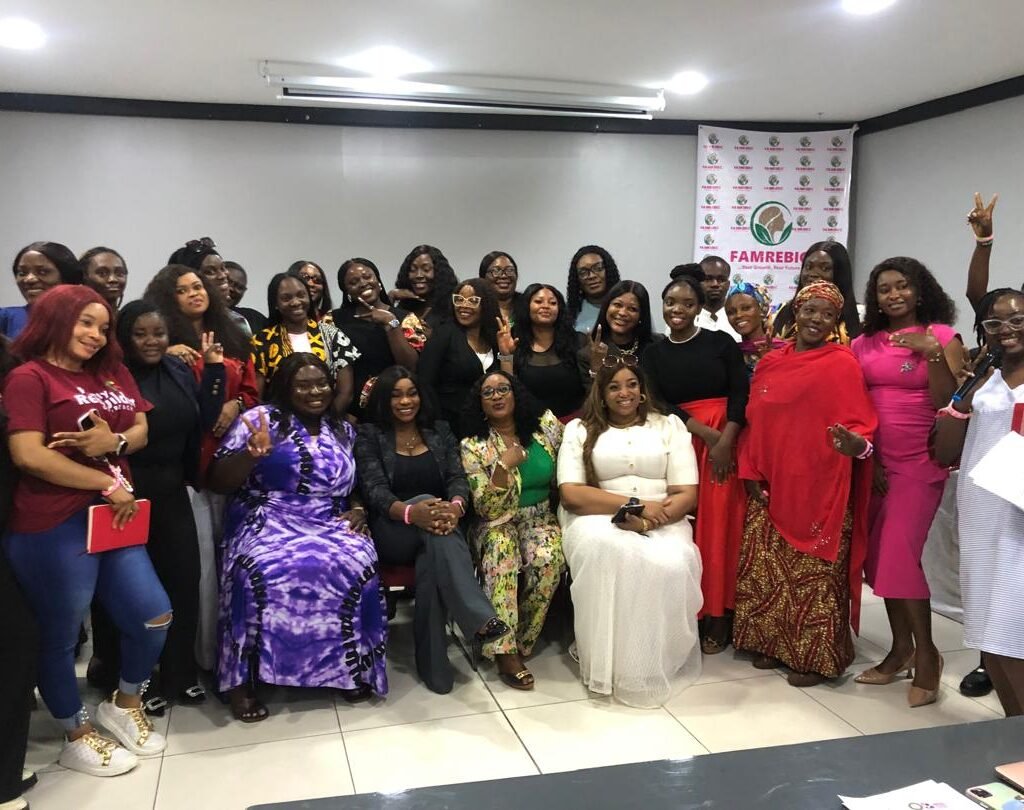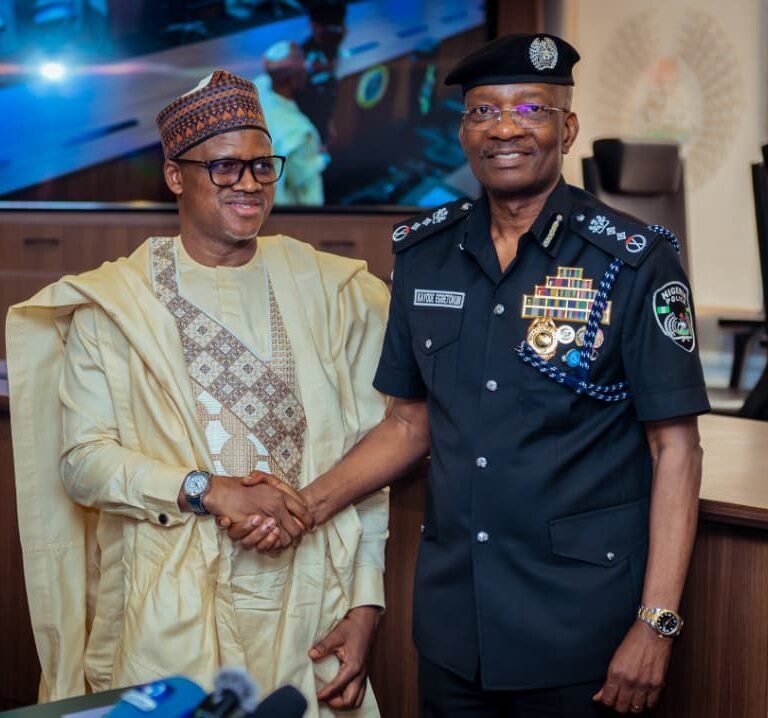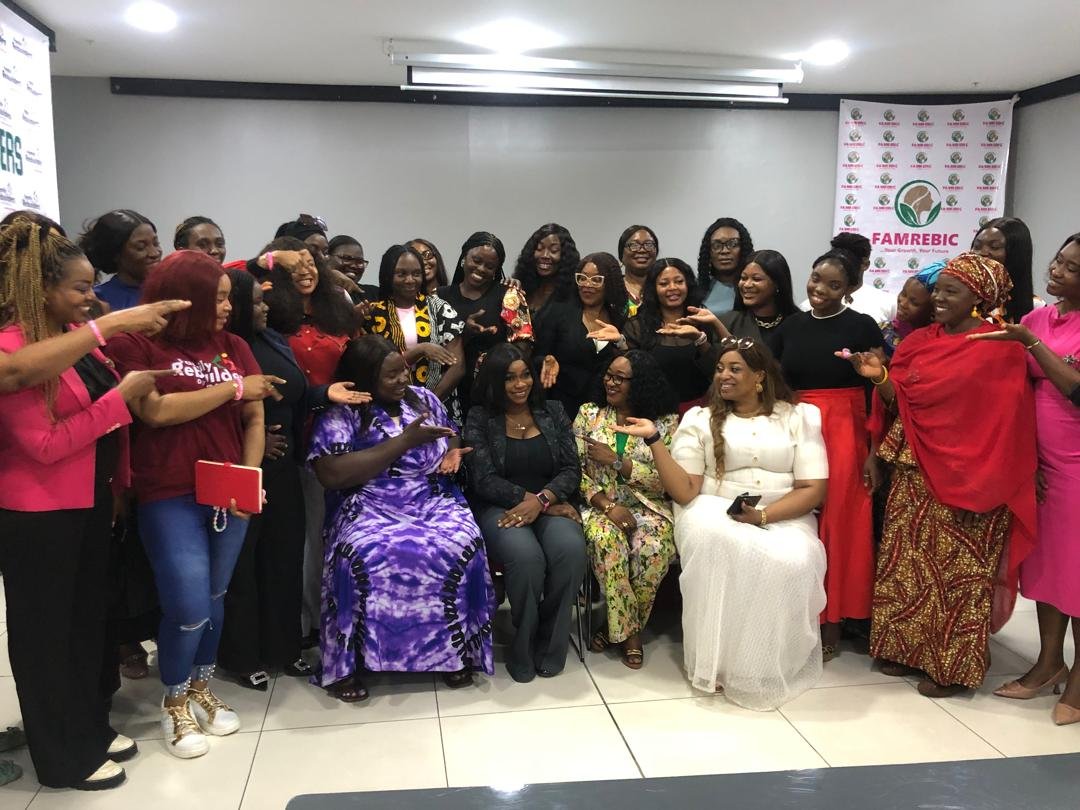
By Gabriel Ameh
Abuja, Nigeria: Women leaders, entrepreneurs, and advocates gathered in Abuja for the Women in Business Conference convened by Family Rebuilders Outreach, under the leadership of Barrister Beatrice Anachuna, with the theme: “Building Inclusive Economics: Women, Policy and Progress.”
In her opening remarks, Convener Barr. Anachuna stressed the importance of placing women at the center of Nigeria’s economic growth agenda.
“Our goal is simple empowering women to not only participate in the economy but to shape it. When women thrive in business, when they have access to skills, technology, and finance, society makes progress. This conference is a platform to bridge gaps, build networks, and champion inclusive policies that work for women,” she said.
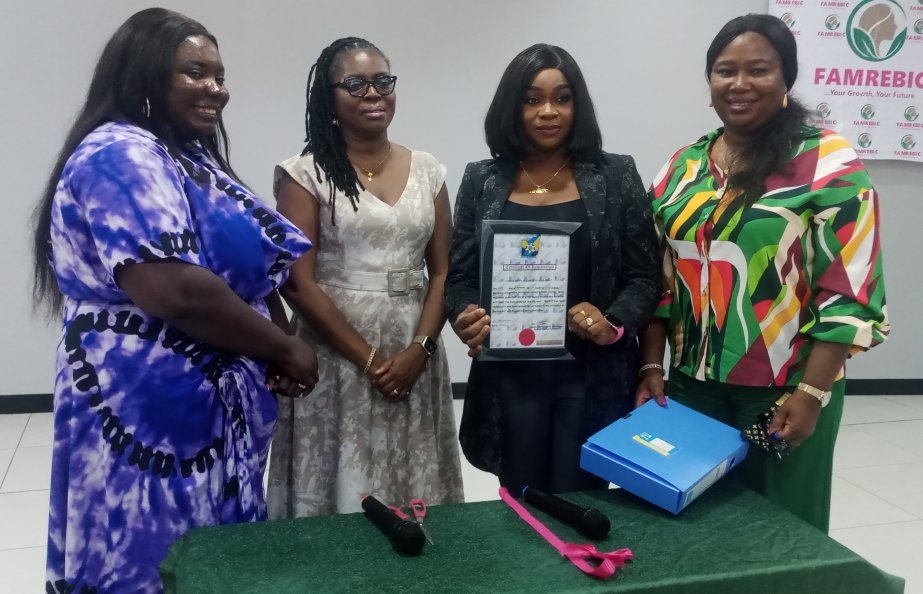
The conference featured a lineup of impactful lectures and discussions.
Delivering a keynote on “From Vision to System: Architect Your Life, Business and Energy,” Pastor Rejoice Azuka Uwuseba urged women to structure their businesses and personal lives around vision, discipline, and systems that can withstand challenges.
On digital empowerment, Dr. Niran Oyekale spoke on “Breaking Barriers: Digital Literacy for Women-Led Businesses.” He highlighted how digital tools and knowledge can open access to markets, networks, and innovation, stressing that women must embrace technology to compete globally.
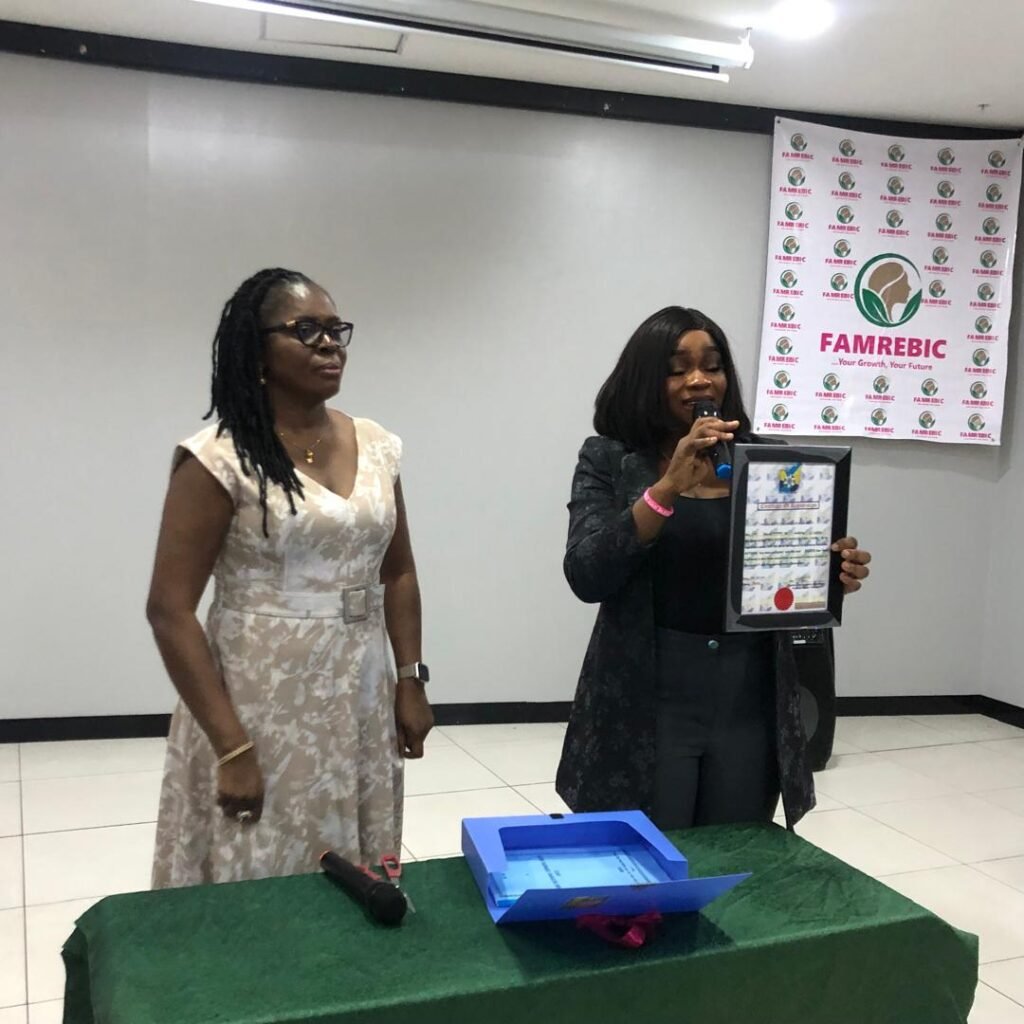
Financial literacy and access to credit also took center stage, with Fatima Bello, representing MD Credit Corp, delivering a session on financial inclusion. She emphasized that lack of access to credit remains a major barrier for women entrepreneurs and pledged her organization’s support to bridging this gap.
Speaking in an exclusive interview with Media360Impact, Barr. Anachuna explained the objective of the conference:
“This initiative is about more than speeches. It is about equipping women with practical skills, knowledge, and opportunities. From digital literacy to financial access, we want to ensure women are not just participants but drivers of economic progress.”
The conference ended with a call to action for policymakers, development partners, and private sector leaders to work together in dismantling barriers to women’s economic participation while amplifying their contributions to national progress.
